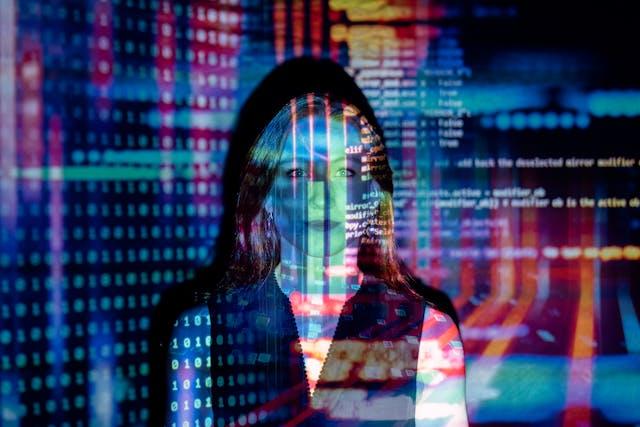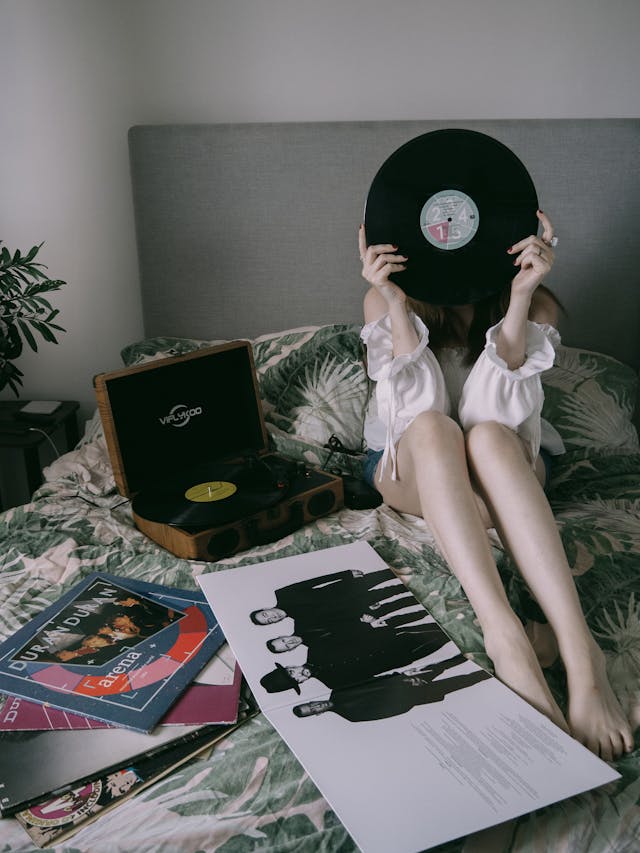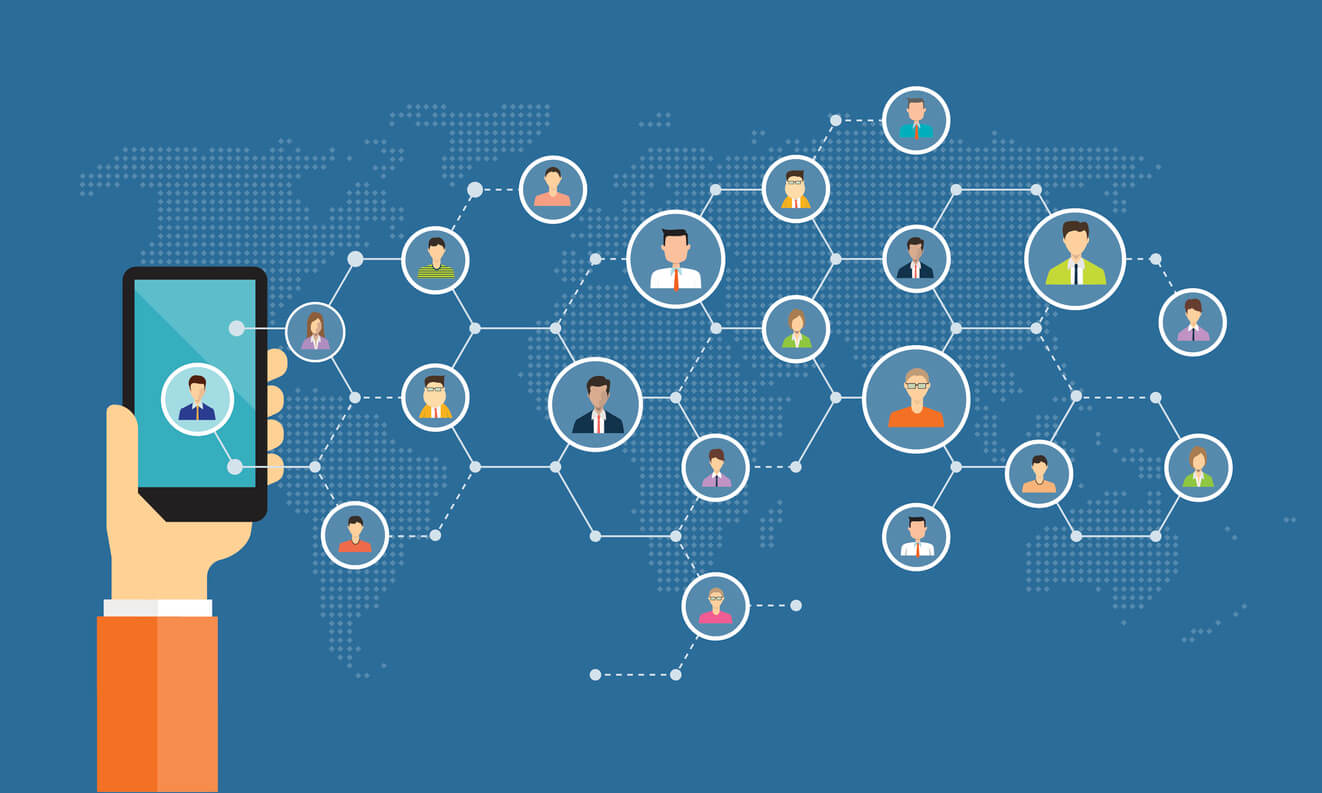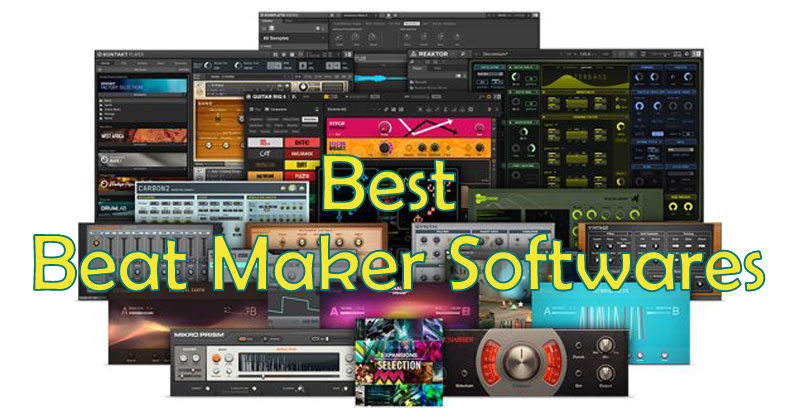In the realm of creative expression and entertainment, music stands apart as a universal language, capable of transcending cultural barriers and spanning the breadth of human emotion. It is no wonder, then, that the ongoing digital transformation, fueled by artificial intelligence, is making profound ripples in the industry. From composition and production to distribution and consumption, AI is not just a technical tool but a deep-rooted disruptor, challenging traditional paradigms and birthing new opportunities for artists and audiences alike.
It’s a harmony that blends the best of human creativity with the precision of machine logic—not to replace the artist, but to amplify their capabilities in crafting sonic masterpieces that resonate with the soul.
AI Music Generators: Composing a Symphony of Possibilities
In the pre-digital age, the process of music composition was a deeply personal act, dictated by the whims and fancies of the artist alone. However, with advancements in AI technology, we have witnessed a shift towards collaborative creativity, with AI music generators at the helm. These algorithms are not just capable of mimicking existing musical styles and genres; they can learn from them to create entirely new compositions that break the mold.
You can also Generate unique tracks that seamlessly blend complex chord progressions with ethereal melodies, a feat that was once exclusive to the most seasoned composers. This shift in dynamic has opened doors to a mélange of artistic possibilities, empowering musicians to explore territories beyond their usual purview and introducing audiences to a kaleidoscope of sounds that challenge their musicological palate.
The AI Producer: Shaping Sounds to Perfection
Production is a crucial, often overlooked, aspect of music creation. It involves the meticulous process of polishing raw audio into sonic gold by using various tools and techniques like mixing, mastering, and sound engineering. With AI at play, this process has become more efficient and precise than ever before.
AI-powered plugins can analyze audio tracks in real-time and make suggestions for EQ adjustments or sound effects, saving producers hours of tedious work. They can also be used as virtual assistants to help producers experiment with different sounds and arrangements, making the production process more dynamic and collaborative.
From Studio to Stage: AI and Live Performance
Live performances are the sensory feast that brings music to life, captivating audiences and transporting them into a realm of pure auditory bliss. And with AI technology, artists are now able to create immersive experiences that take this connection to new heights. From using AI-powered visual effects during concerts to incorporating live-generated soundscapes, AI is revolutionizing live performances in ways we could not have imagined.
It is also enhancing the spontaneity of live shows, with AI music generators and virtual assistants seamlessly blending in with live musicians to create unique, never-before-heard performances.
Distribution and Consumption: The AI-Powered Algorithmic Melody
The impact of AI on the music industry extends far beyond its creative processes, seeping into the very structure of how music is distributed and consumed. Streaming platforms utilize AI to curate personalized playlists and recommendations based on user preferences, listening history, and a myriad of other data points. With this, the power of music discovery is no longer reliant on chance or the marketing campaigns of big labels.
Independent artists now have a fair chance to showcase their talent and build a loyal fanbase, thanks to the democratizing force of AI algorithms. Also, with the rise of virtual assistants and smart speakers, consumers can now request music through voice commands, making it easier than ever to access an endless library of songs at their fingertips.
AI Ethics in Music: Unraveling the Implications
As with any technology, AI’s impact on the music industry comes with its set of ethical implications. From concerns about ownership and copyright to questions about bias in algorithmic curation and representation, the discussion around AI ethics is an ongoing one. Artists and industry professionals are engaging in dialogue and pushing for the responsible use of AI while also exploring ways to harness its potential for good.
It is a delicate balance that requires constant scrutiny and accountability, but one thing is certain—AI in tune has the power to create a more diverse, inclusive, and innovative music industry for all.
The Future Encore: AI and the Next Cadence of Music
The future of music, as buoyed by AI, is one of untold opportunities and uncharted territories. We stand on the precipice of a new era where the definition of music and the roles of its creators are being redefined. It is a relationship that is not without its challenges, yet one that promises to lead us to a world where every individual can have the power to be a maestro of their musical universe.
The incorporation of AI into the music industry serves as a testament to human innovation, a reminder that the most profound symphonies are composed not through competition, but through collaboration. It pushes the boundaries of what we know and believe about creativity while grounding us in the inescapable truth that music, at its core, is about the connection between sounds, hearts, and minds.
Is a freelance tech writer based in the East Continent, is quite fascinated by modern-day gadgets, smartphones, and all the hype and buzz about modern technology on the Internet. Besides this a part-time photographer and love to travel and explore. Follow me on. Twitter, Facebook Or Simply Contact Here. Or Email: [email protected]








Leave a Reply